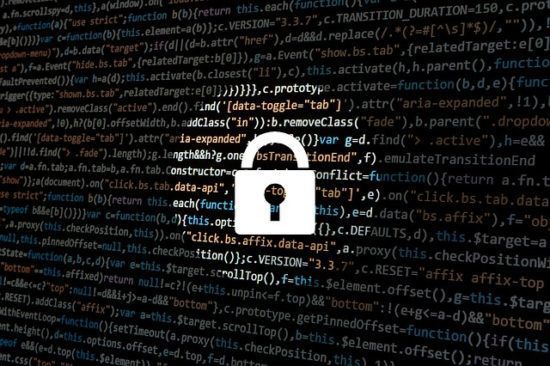Following the news around the comments from Microsoft President Brad Smith on the 60 Minutes program about how the recent SolarWinds hack was “the largest and most sophisticated attack, the world has ever seen” as reported by the Independent.
About the Author
-
ISBuzz Team embodies the collaborative efforts of the dedicated staff at Information Security Buzz, converging a wide range of skills and viewpoints to present a unified, engaging voice in the information security realm. This entity isn't tied to a single individual; instead, it's a dynamic embodiment of a team diligently working behind the scenes to keep you updated and secure. When you read a post from ISBuzz Team, you're receiving the most relevant and actionable insights, curated and crafted by professionals tuned in to the pulse of the cybersecurity world. ISBuzz Team - your reliable compass in the fast-evolving landscape of information security



